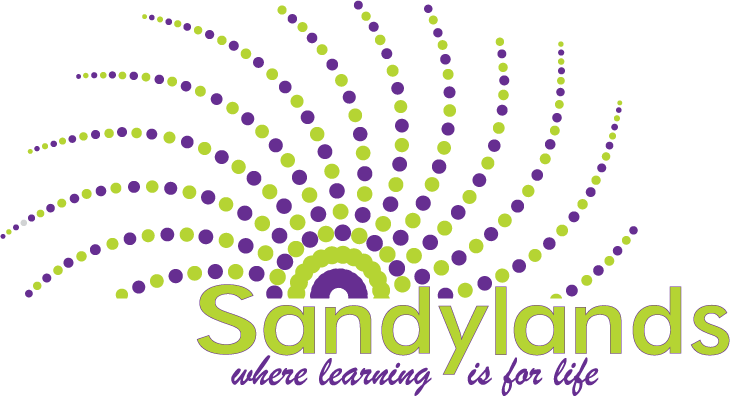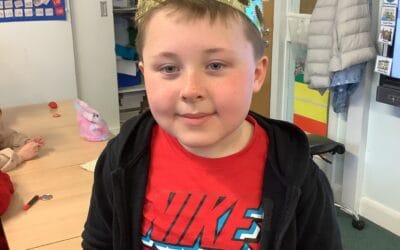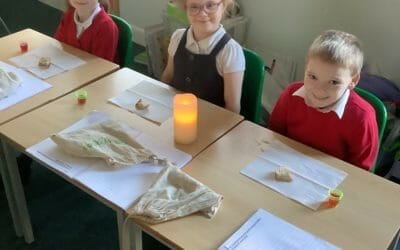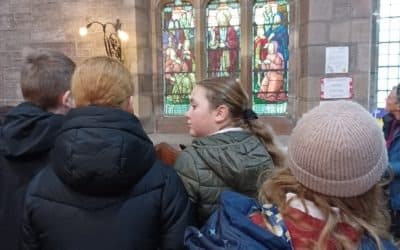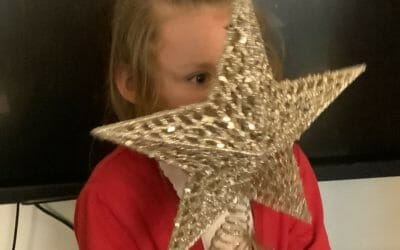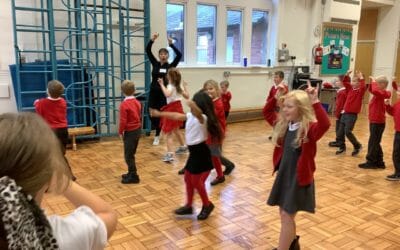
Religious Education
Welcome to the RE page.
Miss Sensicall leads Religious Education throughout school.
‘Since a child, I have always been interested in RE. At secondary school, RE very quickly became my favourite subject. I particularly enjoyed debating moral issues, current affairs and our ideas about what is right and wrong. At university, I completed a four year teaching degree and majored in RE. I want our RE curriculum to be relevant and to reflect both our own locality and the diversity of our society as a whole. RE reflects the diversity of our world. It allows children to think about and explore their own thoughts, views and beliefs and encourages them to think about, explore, challenge and debate the views of others. It enables children to show respect and empathy towards others, irrespective of background, race, culture or language.’
Miss Sensicall



Our R.E curriculum …
Engage, encourage, inspire and challenge children through a sequence of well-planned lessons.
Provide the knowledge and skills necessary to know about the beliefs and practices of others.
To deepen knowledge from Early Years to KS2 to achieve mastery of the subject.
Enable young children to learn about, recognise and understand differences, to be respectful of others and develop the ability to empathize with others.
Think about, explore and articulate their own beliefs and listen, challenge and debate the views and beliefs of others.
Is relevant and reflects both current affairs and the diversity of our society.
Know how the beliefs and faith of others on a local, national and global scale have shaped our history.
Religious Education Learning Pathway

Knowledge
Sequenced opportunity to revisit key RE knowledge….
Substantive (Critical Content )– facts about key aspects of the five major religions , the beliefs and practices of others on a local, national and global scale and the significant stories and people relating to the religion studied.
Substantive concepts – for example… belonging, community, right and wrong, charity, responsibility, love, forgiveness, sacrifice, caring for our environment/creation
Procedural– development of their own views and beliefs and the views and beliefs of others through identifying, recognising, reflecting, responding, describing, debating, exploring and investigating.
Click the link below to access our procedural knowledge overview document.
Disciplinary– How the children want to develop their own thoughts, ideas and beliefs.
Disciplinary themes- Shared Human Experience, Living Religious Traditions, Beliefs and Values, The Search for Personal Meaning

Timetabling
RE is taught through six half termly themes. This is either taught for a half hour to an hour each week or blocked and taught as a longer timeslot, as part or whole of a theme.

Assessment
Assessment in RE happens through our Sandylands checkpoints.
Each half termly theme starts by checking what the children already know and remember about a particular faith, religious concept, festival or celebration (Checkpoint 1).
Each sequenced session in the unit then begins with what the children already know and concludes with what they have learnt in the session (Checkpoint 2).
At the end of the theme, the children will show what they know and remember about the whole theme and answer the big question (Checkpoint 3).
At the end of each unit, children can:
- Talk about the critical content of the unit.
- Talk about the beliefs and practices of others.
- Use moral and religious vocabulary.
- Articulate their views on the big question on an age-appropriate level.
- Talk about the significant people and stories relating to the religion they have studied.


CPD for teachers
Our teachers our committed to continuing their own professional development in all areas of the curriculum. As subject lead, Miss Sensicall is committed to supporting teachers with the teaching and delivery of our bespoke RE curriculum at Sandylands.
Essential Entitlement
Easter
Another partner to our school, is NISCU who have come to Year 2 today to teach us about Jesus at Easter. We learnt through a practical session and then a learning task to understand what Easter means to Christians.
Shabbat
As part of our Year 1 unit on Judaism, we have learnt about Shabbat.
Jewish Artefacts
In Year 1, we are starting a unit on Judaism. We looked a range of Jewish artefacts, learned new vocabulary to name and describe these and began to understand how they are used.
Local church visit- Year 4
Today, Year 4 visited our local Salvation Army church as part of their learning about Christianity and the work the local church do in our community around Christmas time.
Local Church visit with Year 6 – Advent
Year 6 visited the local church this week as part of their learning about advent and the run up to the Christmas celebrations within the Church of England.
The Christmas Story
Kindly, Diana from NISCU came to visit Year 1 with her box of special friends. Diana told us the story of the first Christmas and the birth of baby Jesus. We had actions to learn different parts of the story, puppets to help us remember and some songs to learn too.
Buddhism – Year 3
As a follow up to Year 3’s visit from nun Jen Lhamo, from Lancaster Mediation Centre, Year 3 thought about what we can learn from the life of The Buddha. They considered how true happiness doesn’t in fact, come from the things we possess, but rather from being...
Hindu Dance Shop
As part of our learning about Hinduism in RE, some of our children have had the opportunity to take part in a fantastic, Hindu dance workshop, carried out by ’West End in Schools.’ The workshop was based on the sacred Hindu story of The Ramayana and it helped to...
